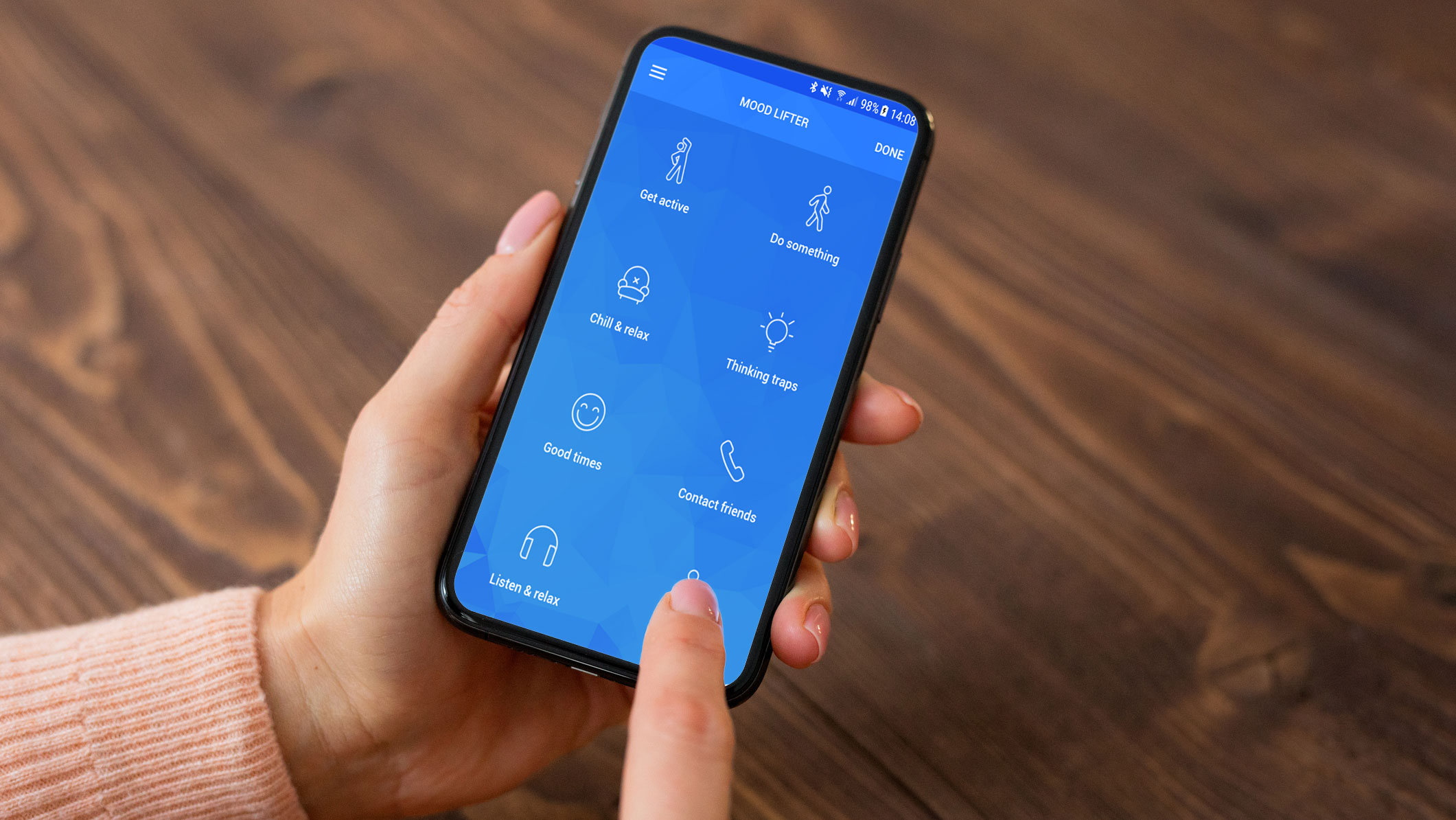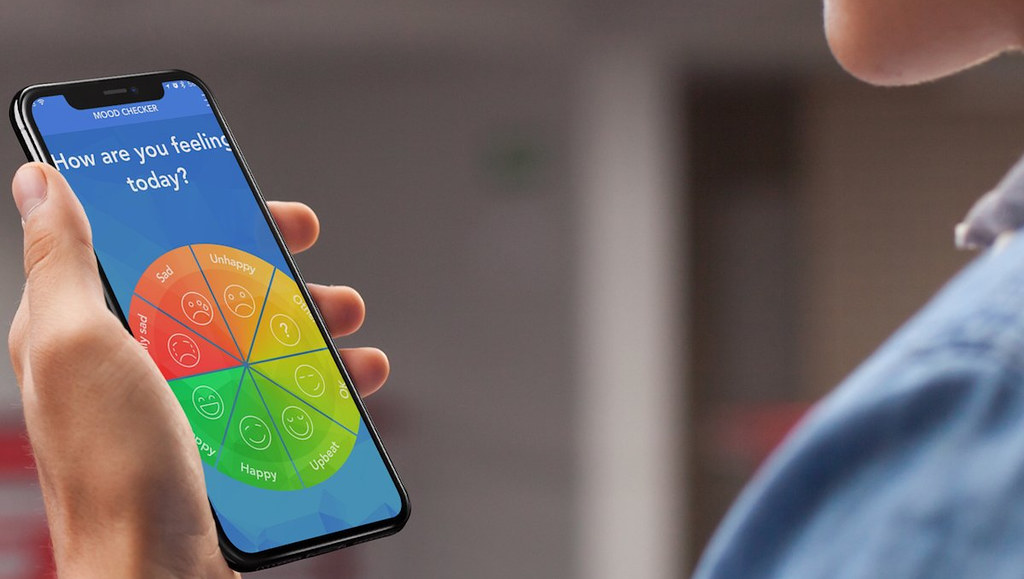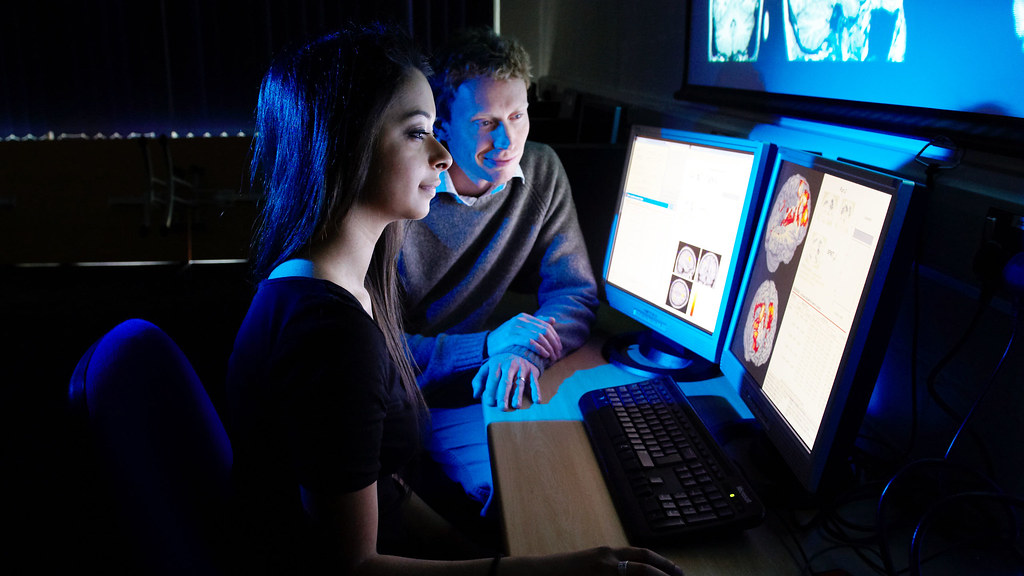A mental health app, designed to help manage negative emotions and periods of extreme anxiety for young people, could have a significant impact on reducing self-harm according to research.
The BlueIce app, developed in conjunction with patient groups by leading clinical psychologist Professor Paul Stallard, is now included in the national NHS app library. BlueIce, is a prescribed app and designed to be used alongside traditional face-to-face therapies.
A series of research papers published in the Journal of Medical Internet Research (JMIR) suggest that BlueIce could help tackle self-harm, the hidden health challenge affecting many young people. Off the back of this, in September 2019 Professor Paul Stallard started a randomised controlled trial to monitor BlueIce's impact on self-harm to see if it reduced the number of young people needing to attend Accident and Emergency (A&E) Services.
BlueIce app
BlueIce is named to be discreet. Although it does not directly mention self-harm, BlueIce refers both to low mood (blue) and ‘in case of emergency’ (ice). It consists of three parts:
- mood monitoring
- mood lifting
- routing to emergency numbers
Through it, young users monitor their mood each day, recording how they are feeling. If their mood is low, they are automatically routed to the mood-lifting section which includes evidence-based ideas from Cognitive Behaviour Therapy (CBT) and Dialectical Behaviour Therapy (DBT).
CBT helps users re-evaluate and develop alternative, more helpful ways of dealing with distressing thoughts whilst DBT helps them to tolerate their distress without self-harming. This section is personalised by the user to capture helpful ideas and materials such as activities which make them feel good, including an uplifting music library or a photo-gallery of good times.
The app includes audio relaxation and mindfulness guides and opportunities to record and challenge any destructive or distressing thoughts. Ultimately, and if necessary, the app can route users through to emergency contacts including Childline and the 111 service.





